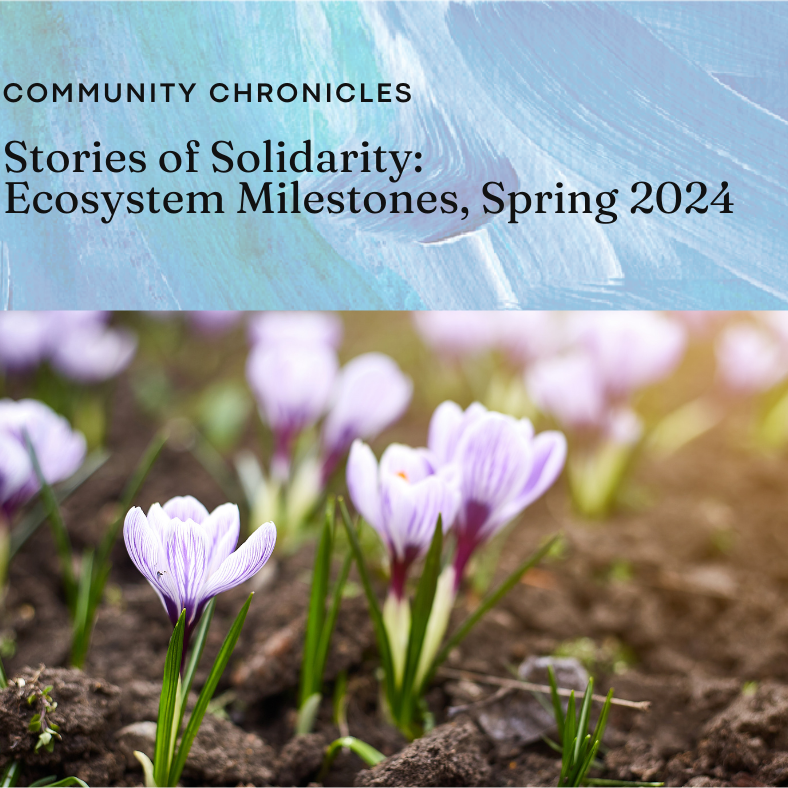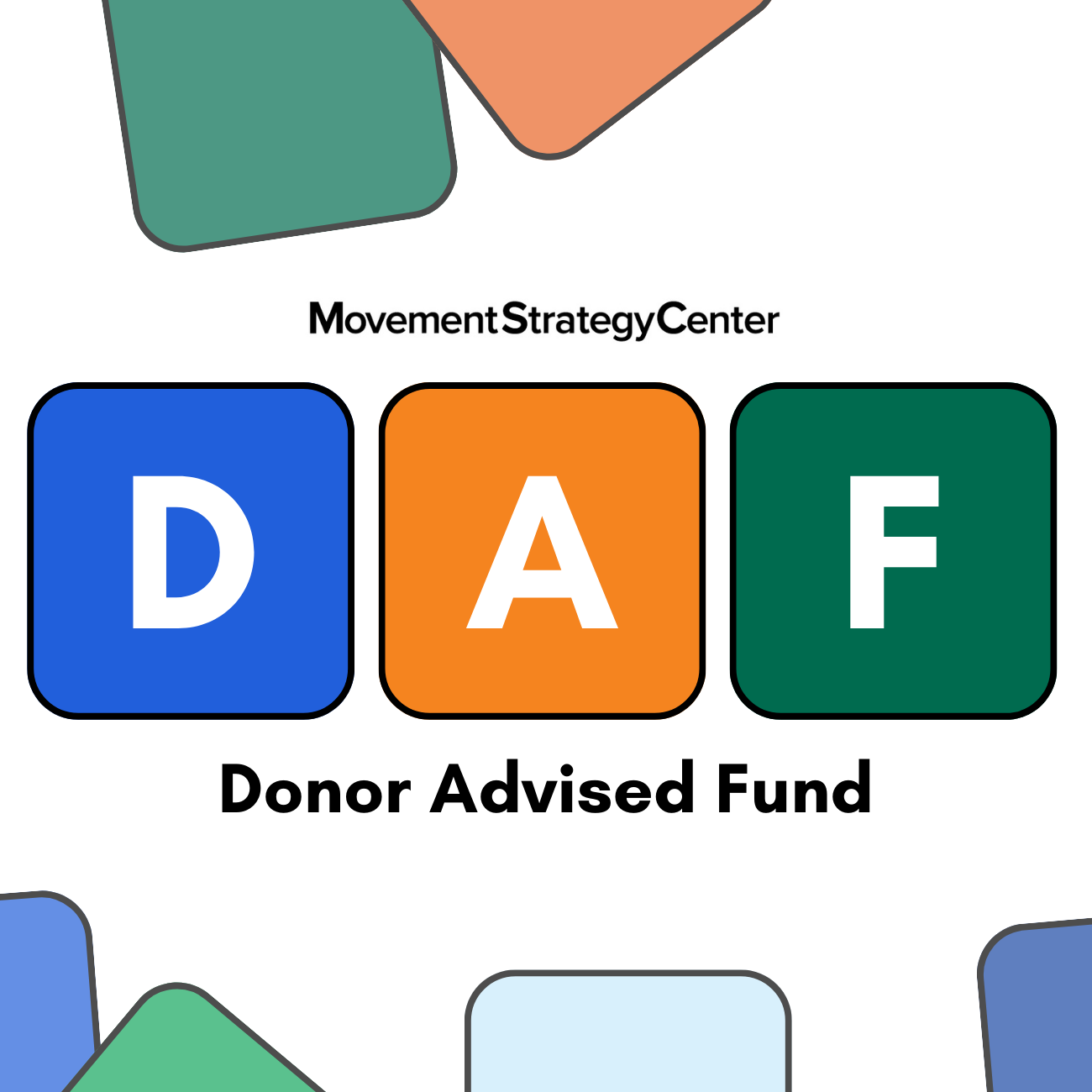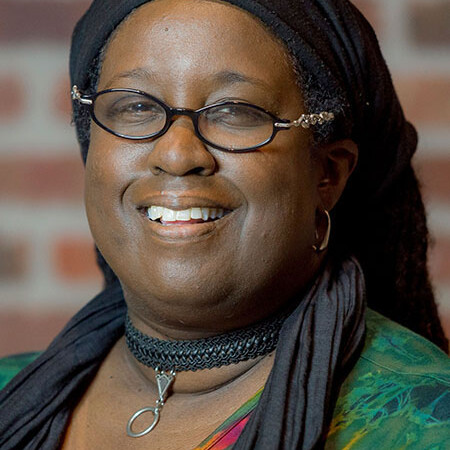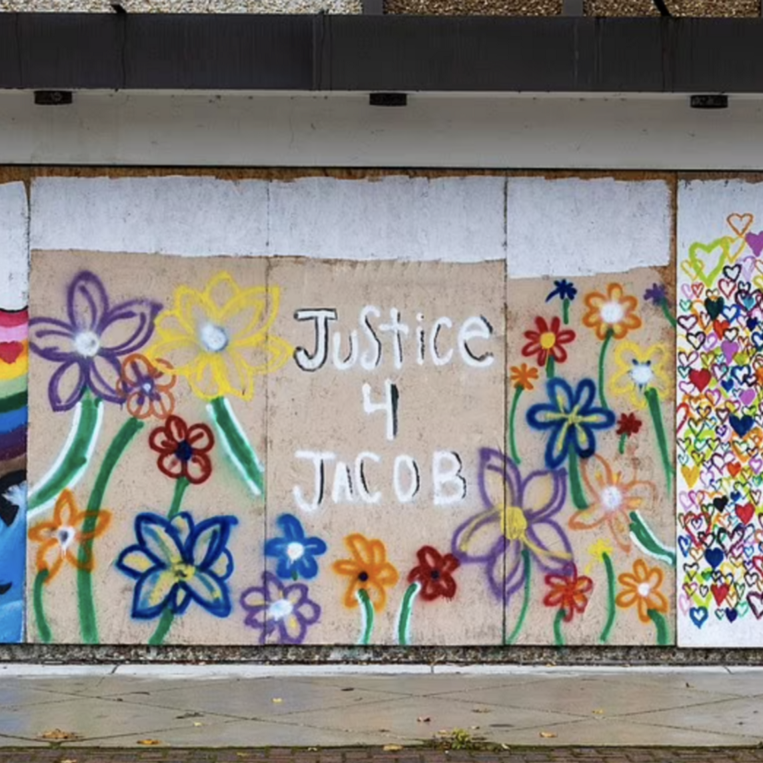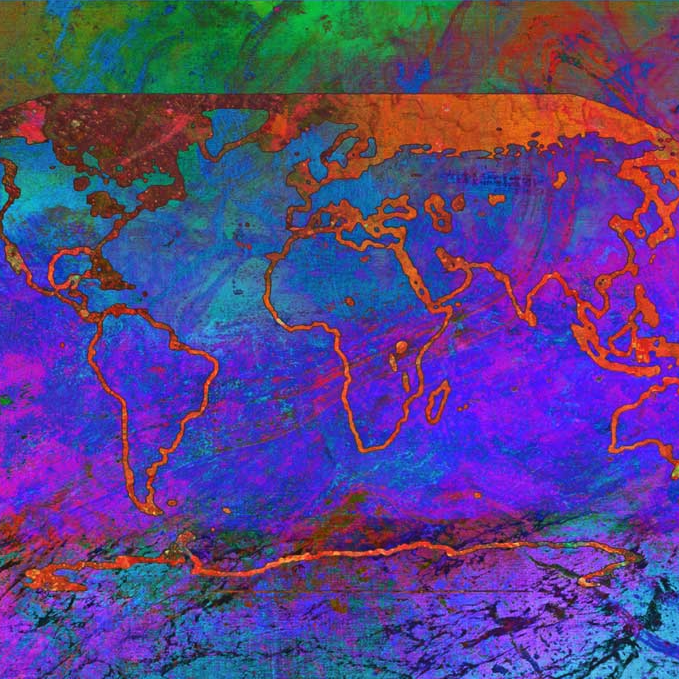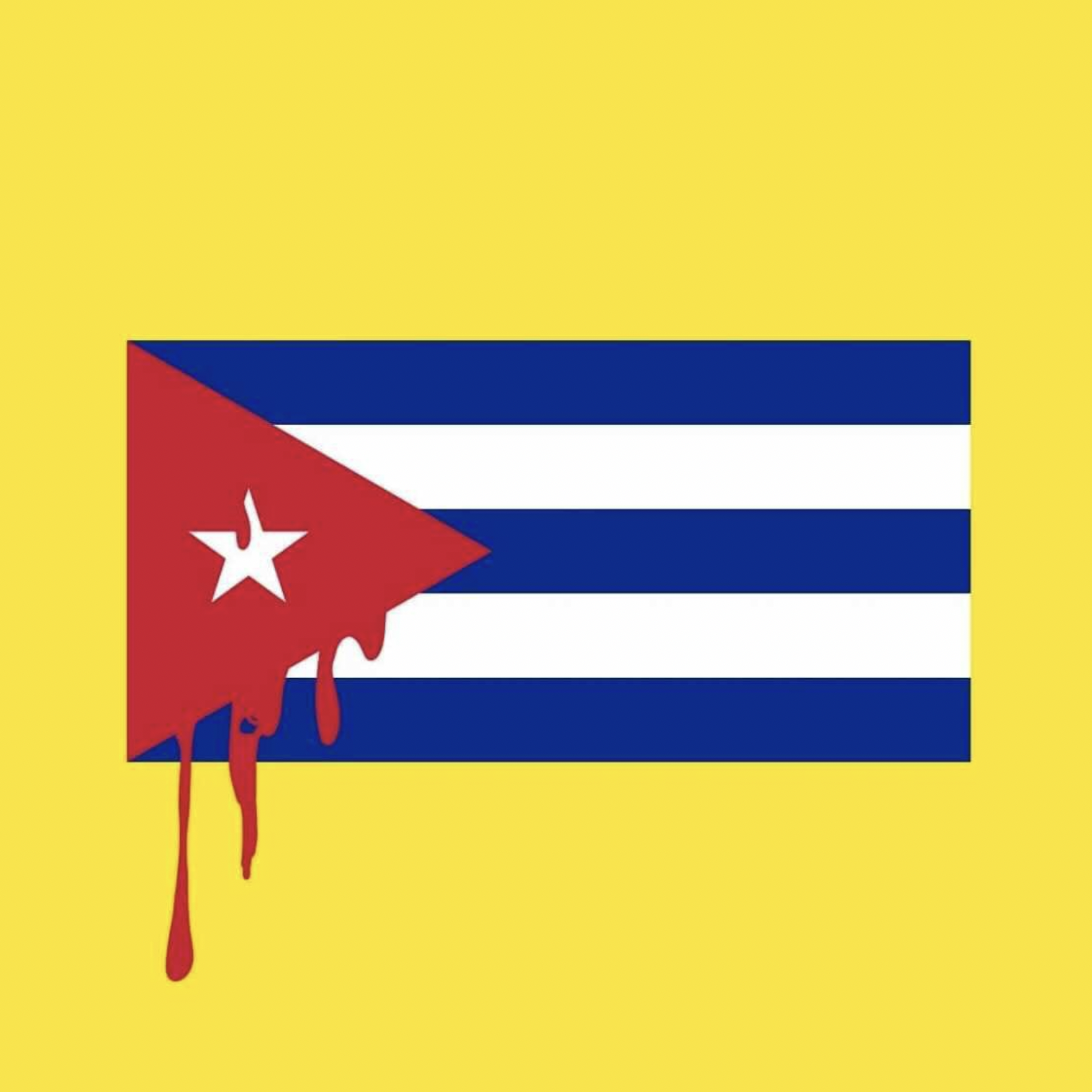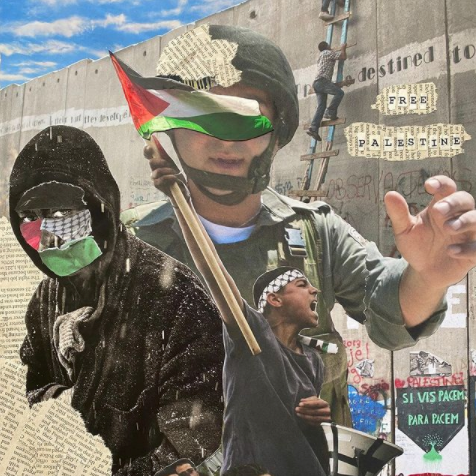Community Chronicles: Stories of Solidarity, Spring 2024
March 21, 2024
Movement Strategy Center Highlights Milestones, Stories, and Achievements from the Ecosystem Community Chronicles is a seasonal shout-out to our ecosystem partners and their incredible achievements. Read on for some of the ways our ever-growing list of over 150 community-led and centered partners — including Fiscally Sponsored Projects (FSPs), the Movement…
MSC Launches a Donor Advised Fund Program
March 12, 2024
New Program Gives Donors a Chance to be a Part of Their Own Impact Investing StoryIn late 2023, MSC launched the Movement Strategy Center Donor Advised Fund (DAF) program, allowing individuals, families, companies, private foundations, trusts, and other entities to invest their assets toward building community wealth and power for leaders on the frontlines of…
Jacqui Patterson Named a Time Woman of the Year
March 12, 2024
2024 Time Woman of the Year, Earth Award Recipient, and MSC Board MemberWe’re thrilled to celebrate Movement Strategy Center (MSC) Board Member Jacqui Patterson being chosen as one of 12 2024 Time Women of the Year! Patterson’s Woman of the Year profile lifts up her interconnected approach to environmental justice, poverty, racial discrimination, and gender…
Language Matters: MSC Unveils Updated Glossary and Terms
February 6, 2024
A Collaborative Refresh Informed by Community Feedback — Explore the GuideAt Movement Strategy Center, our dedication to language as a transformative tool recently inspired a significant update to our Glossary and Terms to Avoid webpage — an in depth resource for definitions and terms to avoid within the Transformative Movement Building space. This inspiration…
Announcing Our Website’s New Landing Page: Why MSC?
January 10, 2024
Over a Year in the Making, Our New Landing Page is Also Our New DEI PageBack in 2022, Carla Dartis, MSC’s Executive Director, asked us to consider adding a DEI page to MSC’s website. Honestly, we — MSC’s small Communications Team — were taken aback by the request. DEI, or Diversity, Equity, and Inclusion, “encompasses the symbiotic relationship, philosophy and…
In Memoriam:
ibrahim abdul-matin
July 12, 2023
Movement Strategy Center Remembers ibrahim abdul-matin, Environmental Activist, Urban Strategist, and Dear Friend of the MSC EcosystemIt is with heavy hearts that we mourn the loss of ibrahim abdul-matin, a bright, playful spirit who made a lasting impact as an environmental activist, urban strategist, and beloved friend. At 46, he leaves behind his devoted wife…
It Seemed Like an Open and Shut Case
November 19, 2021
Movement Strategy Center on the Kyle Rittenhouse Verdict A minor with an illicitly-sourced military-grade semi automatic firearm crossed state lines to join a group of pro-police vigilantes who gathered in Kenosha to allegedly protect homes and businesses from those protesting yet another instance of extreme police brutality against yet another Black man, Jacob…
Acting Boldly, Creatively, and Collectively on Climate Change
August 24, 2021
This Crisis is Real, Intersectional, and It’s Already Happening This summer, the normally pleasant Pacific Northwest has seen three-digit temperatures while unprecedented heat advisories were in place for 80 million Americans across 20 states. As you’re reading this, 97 large wildfires are scorching over 2,000,000 acres in the United States — creating a cloud of…
It’s Time For a Vision That is More Humane
July 26, 2021
Movement Strategy Center Stands with Cuba, Haiti, and All Victims of Imperialism On July 11th, for the first time in 62 years, thousands of Cubans took to the streets in Havana and other cities, calling for freedom, vaccines, and food. Since then, two dominating views have made headlines: one calling for US intervention and the other supporting the…
Condemning Violence and Colonialism and Standing With Palestinians
May 14, 2021
Movement Strategy Center's Thoughts on Israel and Palestine This week, Muslims around the world are celebrating the end of Ramadan and the holiday of Eid-ul-Fitr. In Palestine, however, days meant for families and communities coming together in joy and prayer have been marked by brutal violence and oppression. As we view the images of families being evicted from…
- 1
- 2


